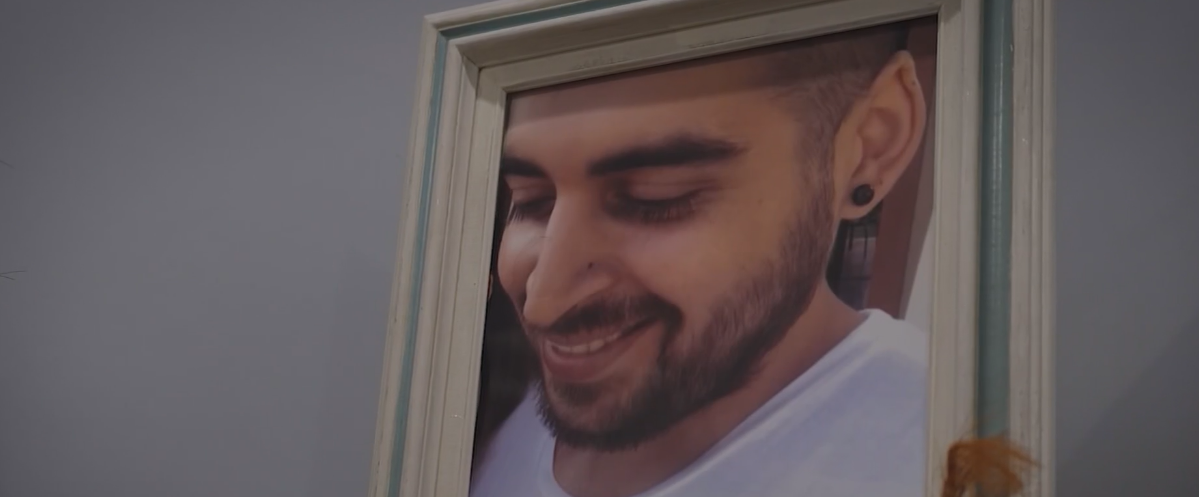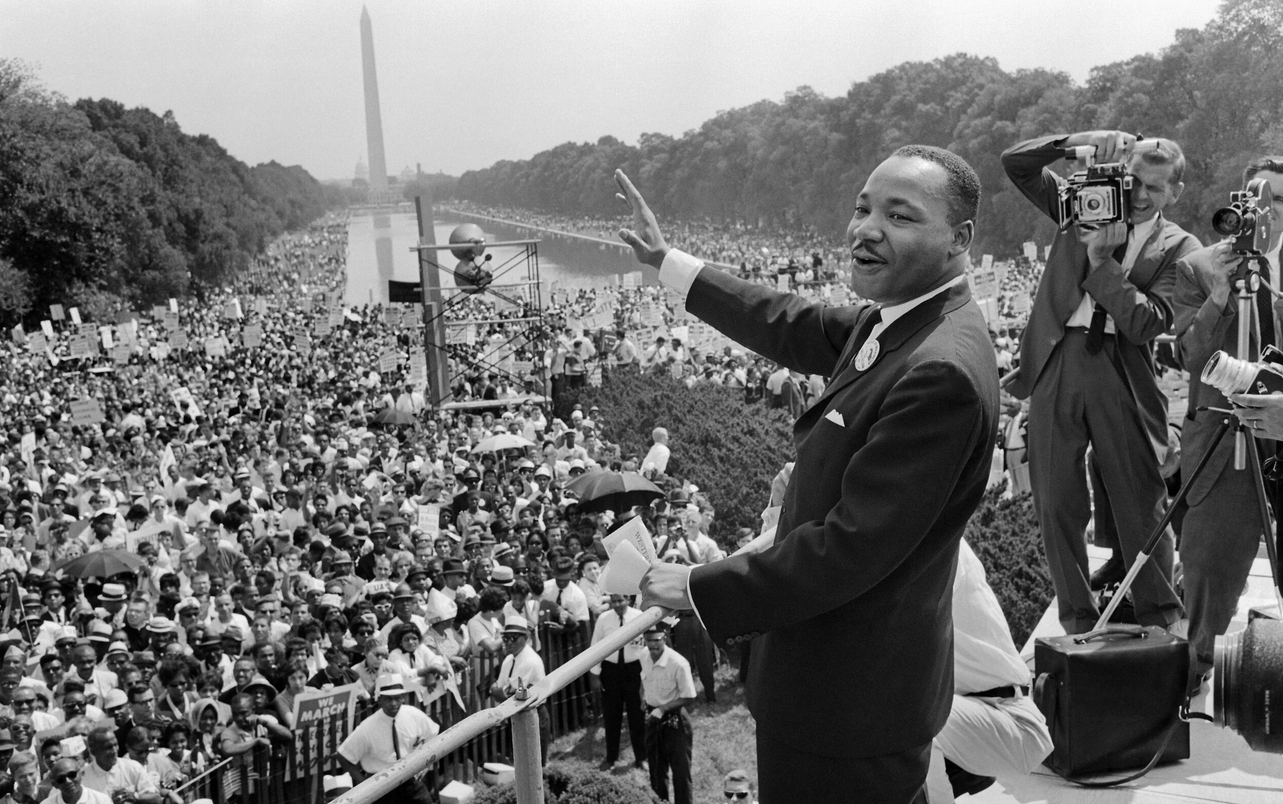[New York News\Police\50a Law]
New York police have used 50-a to shield abusive officers and departments from public scrutiny by hiding outcomes of disciplinary trials, names of officers involved in police misconduct, body camera footage, and even basic data on use of force incidents. In fact, the public only saw the judge’s decision in the trial of Daniel Pantaleo (the officer responsible for Eric Garner’s killing) because it was leaked to the press.
Photo: Facebook
Gwen Carr, mother of Eric Garner, and other families affected by racist police violence are speaking out today against New York’s police secrecy law that covers up cop crimes and misconduct.
On Thursday, October 24th, the State Senate Committee on Codes will hold the second of two hearings on the need to repeal New York state’s police secrecy law, CRL Section 50-a.
The hearing will be held from 10 am – 5 pm in Legislative Office Building, Second Floor, Hearing Room A, Albany, NY 12247 Hearing witnesses – including civil rights leaders and New Yorkers directly harmed by 50-a and advocates — will highlight the issues posed by 50-a in New York and the need for full repeal. The first hearing was held in New York City on October 17th.
Starting at 1 pm, during the hearing, some of the families that have suffered most because of police brutality and misconduct will hold a press conference.
Speakers at this press conference will include:
*Gwen Carr, mother of Eric Garner (killed by NYPD in 2014).
*Constance Malcolm, mother of Ramarley Graham (killed by NYPD in 2012).
*Valerie Bell, mother of Sean Bell (killed by NYPD in 2006).
*Communities United for Police Reform.
*Loyda Colon, Co-Director, Justice Committee.
*Kirsten John Foy, Founder & President, Arc of Justice.
*L. Joy Williams, President, Brooklyn NAACP.
*Callie Jayne, Executive Director of Rise Up Kingston.
*Lurie Favors, General Counsel, Center for Law and Social Justice.
*Center for Constitutional Rights.
*NAACP LDF *Citizen Action of New York.
*Make the Road New York.
This press conference will be held on the Central Staircase of the Legislative Office Building – ‘The Well’ (Note: This is different from the hearing location, which will be in LOB, 2nd-floor hearing room A)
New York is one of only two states with a law that specifically restricts public access to information on police officers’ discipline records. New York’s 50-a is the country’s most secretive law on police misconduct, declaring all police “personnel records” confidential – and is the most restrictive in providing a specific exemption to FOIL/FOIA requests, despite robust privacy protections that have been built into the state’s existing FOIA law.
There are 27 states that grant some level of access to police personnel records, including 12 states that make disciplinary records available to the public as a matter of course. These include states like Ohio, Connecticut, Florida, Utah, Wisconsin, Georgia, Alabama, Arizona, Michigan, and Washington. The NYC Bar Association noted in April 2018 that “As the only one of its kind in the nation, 50-a has been interpreted so broadly that police misconduct in New York State is more secretive than any other state in the nation.”
New York police have used 50-a to shield abusive officers and departments from public scrutiny by hiding outcomes of disciplinary trials, names of officers involved in police misconduct, body camera footage, and even basic data on use of force incidents. In fact, the public only saw the judge’s decision in the trial of Daniel Pantaleo (the officer responsible for Eric Garner’s killing) because it was leaked to the press. According to the NYPD and Section 50-a, that decision and the accompanying report is considered confidential.
The expanded use of state law 50-a with new interpretations in recent years has brought increasing attention to the law’s problematic nature. Police departments across New York State have used 50-a to refuse to release broad categories of information. NYC’s de Blasio administration has fought to conceal police misconduct records, even when courts have ruled such information could be released in compliance with the law.
A state court ruled in July 2015 that a summary of misconduct findings against the officer who killed Eric Garner could be released and that 50-a did not apply. Despite that state court ruling that assessed the state law’s application, the de Blasio administration sought an appeal to a higher court, effectively seeking concealment over transparency. In the subsequent years, the de Blasio administration and NYPD have continually reinterpreted the law to conceal an unprecedented and increasing amount of information on police misconduct and the lack of accountability for it within the NYPD.
In April 2016, the NYPD reversed the practice of approximately 40 years prior of posting promotions and outcomes of disciplinary cases outside of its press office. It cited a new interpretation of the state law that claimed previous mayoral administrations – from Bloomberg to Giuliani, Koch and Dinkins – had inaccurately understood the law. The police department has continued to publicly report promotions, just not the outcomes of disciplinary outcomes.
The NYPD also claimed in August 2017 that 50-a protected video footage of alleged misconduct and could only be released due to an officer waiving those protections. Such an assertion and shifting interpretations have created the opening for the Patrolmen’s Benevolent Association (PBA) to challenge the release of body-camera footage and other records.








